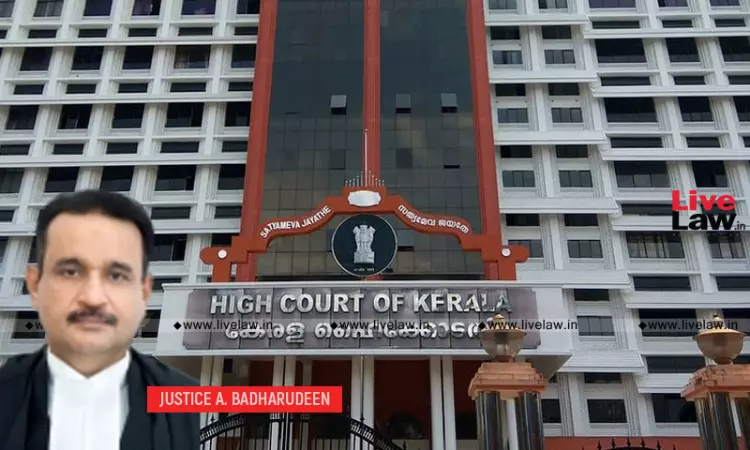Principles Of Res Judicata Would Apply To Criminal Proceedings, Reiterates Kerala High Court
Sheryl Sebastian
8 Feb 2023 11:15 AM IST

Next Story
8 Feb 2023 11:15 AM IST
The Kerala High Court recently held that principles of res judicata and constructive res judicata would squarely apply not just to civil proceedings but to criminal proceedings as well.Justice A. Badharudeen was hearing a petition filed under Section 482 of the Code of Criminal Procedure, 1973 to quash a complaint pending before Magistrate Court, where she was alleged to have committed...
